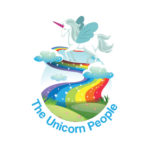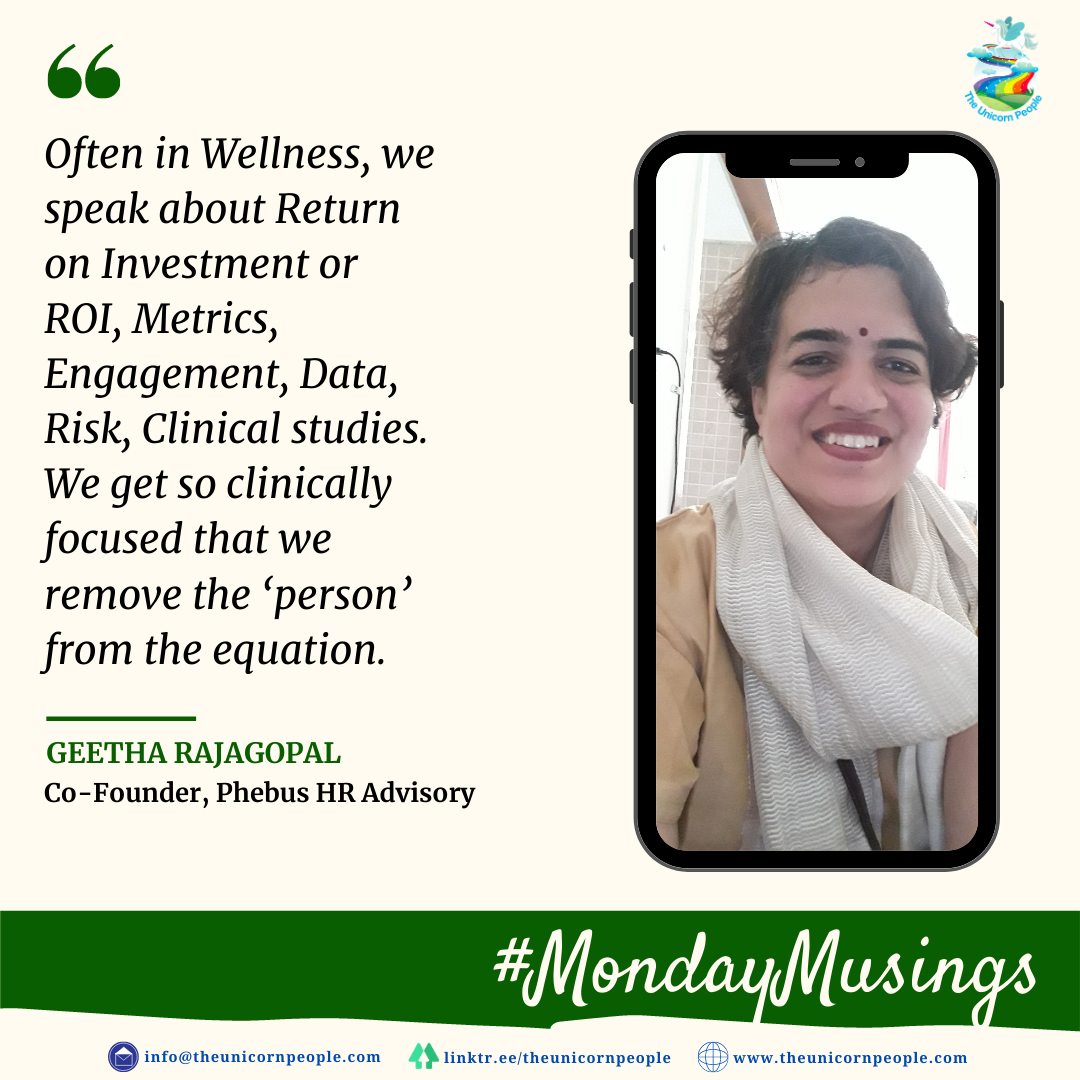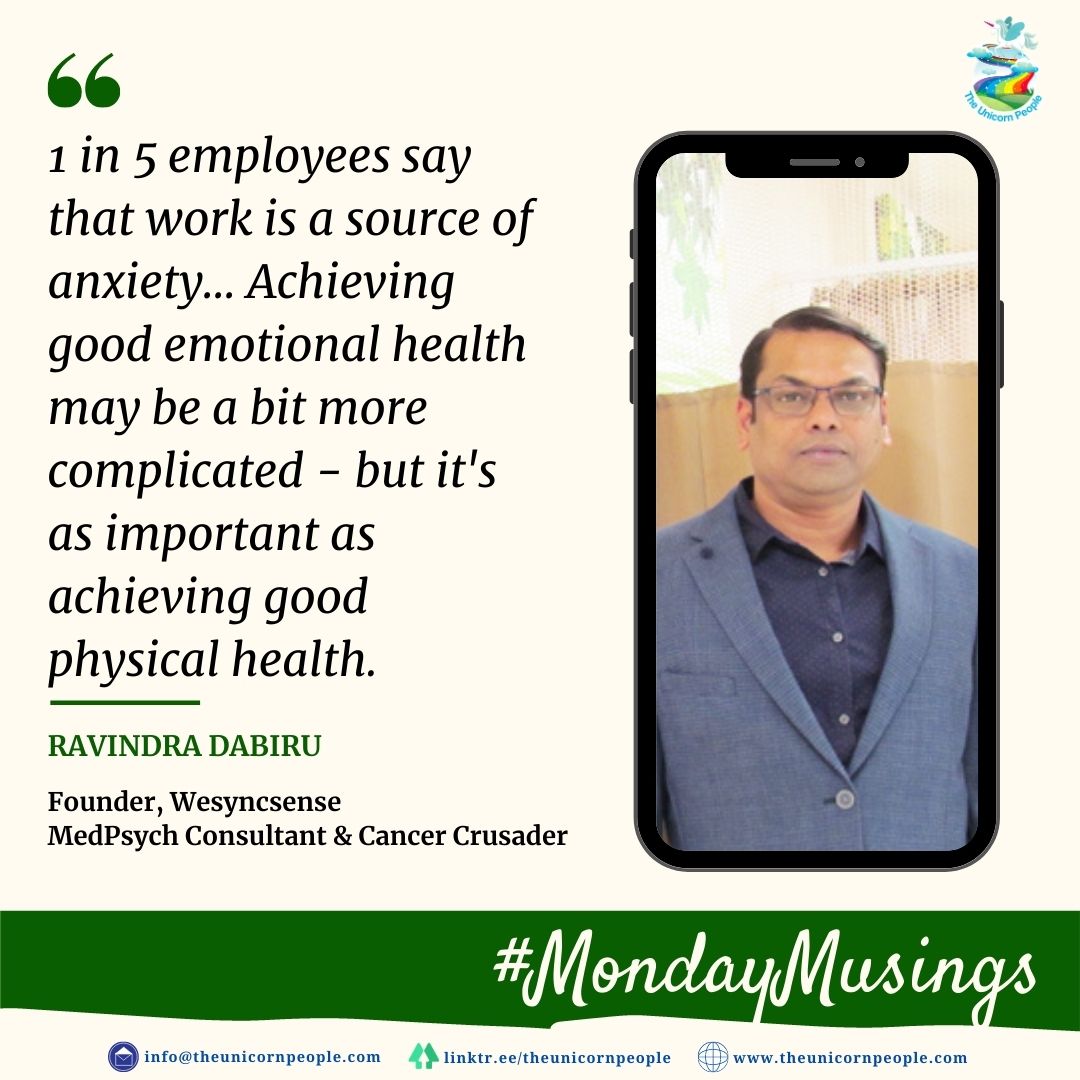We spend over one-third of our lives working. We meet people, keep up with deadlines, and outgrow our old selves, but we fail to remember that being happy is of the utmost importance throughout everything we do.
Today, the work culture in most companies are focused primarily on productivity and employee happiness is still not a parameter of concern. There is very little regard towards work-life balance and practically none towards emotional and psychological well-being. Employees are constantly equated with numbers on a sheet, and their satisfaction and happiness are not considered while making important decisions.

The pandemic has offered a new perspective towards life by forcing most employees to work from home. These times have helped us understand the importance of family and the need for a massive change in the dynamics of every organisation. Google’s Chief Happiness Officer or a ‘Jolly Good Fellow’, Chade-Meng Tan’s self-made job description mentions his goal is to “enlighten minds, open hearts, create world peace.”
Respect and autonomy have always been the two guiding factors for employees, and when they are allowed to work with very little or no interference, their true potential is exposed.
Employees have proven to be more productive when they are emotionally content at work. This has been established by research and is currently being noticed by companies trying to ensure all their employees are happy with their positions. Happiness also induces positivity and reduces stress on people.
Happiness at work can be achieved by timely rewards for good work and creating an environment of mutual respect. Constructive feedback from superiors has also proven to positively contribute to achieving higher productivity.

Social support among peers can serve as a guiding force behind an employee’s experience at any organisation. If they feel they are not being heard or valued, it will undoubtedly lead to discontentment and low productivity.
The Happy Business Index is a survey based off of “well-being researcher” Nic Marks’s Happy Planet Index, and scores how motivated and engaged employees feel in their workplace. The happiness curve is influenced equally by both the employee and the employer. The employer needs to take up certain measures and prioritize their employees’ emotional well-being over other factors, whereas employees need to be motivated towards their work and be compassionate and empathetic towards their colleagues.
A happy and positive work environment should be on the top of every company’s agenda and guide them to do better and strive for the best. Happiness comes from the way we choose to manage our thoughts, actions, and reactions on a day-to-day basis and will ultimately decide the course of our lives. Thus it is necessary to maintain a happy and healthy workplace for the benefit of both the employee and the organization.



